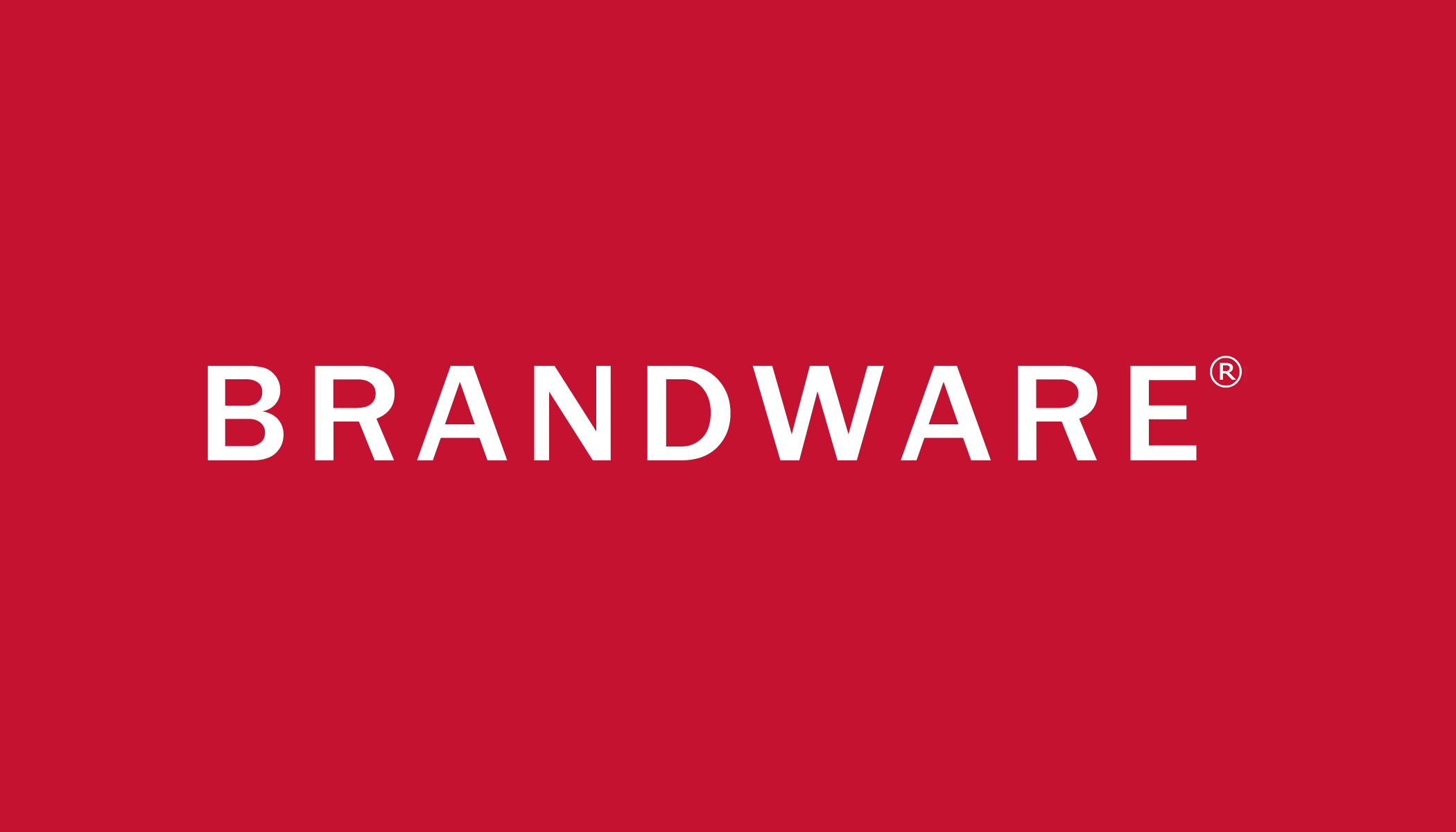Facebook Privacy Updates Impact Ad Targeting and Results
As Facebook and other platforms address questions about online privacy and what types of information they allow brands to use when targeting advertising, users continue to see privacy update after update roll out. Over the past few months, we’ve seen major updates for Facebook, Google and virtually every social platform out there. While these updates give users the sense of safety from their online data being used for targeted ads, these updates also remove targeting options and the opportunity for brands to connect with audiences.
Facebook announced over the next six months, it will disable ad targeting based on data provided by third party partners (firms that sell information on users to the highest bidder) – these are considered partner categories. Basically, these categories utilize information that users do not voluntarily provide in their profiles (name, location, etc.) or engagement habits (page likes, etc.).
What does this mean? Categories such as household income, home ownership and credit card spending habits are now off limits for Facebook advertisers.
Hundreds of targeting categories still exist, but these are based on voluntarily provided data that may or may not be accurate. If you download your individual ad data, you’ll see Facebook knows a lot about you (good or bad, accurate or inaccurate).
I’ll use myself as an example. I’ve had a Facebook account since 2007. In my 11 years on the platform, Facebook has placed me into 450 different ad categories. Some categories are entirely incorrect such as: alternative rock, boss (video gaming), saxophone. While others are correct: public relations, Alabama, shih tzu. Some Facebook users are very selective in the pages they like or links they click on. Others are less selective, meaning this data collected from a Page Like or a link click could be completely inaccurate – adding users into incorrect categories.
Beyond the now removed targeting, Facebook is giving users the power to choose what data advertisers can use to target them. Facebook users can now disable these using the below ad targeting:
- Ads based on data from partners: Data from partners about user activity off Facebook or Facebook products can now be disabled. This means data such as searches and purchases. For instance, if you search hotels.com for a hotel in Atlanta, Georgia, the next time you visit Facebook, your newsfeed will likely include hotel deals in or around Atlanta, Georgia.
- Ad preferences for apps and websites off Facebook Companies: It’s no secret Facebook sells our data to brands advertising on Facebook or Instagram, but they also sell our data to apps and websites that are not within the Facebook umbrella companies. This means my interest in Shih Tzu dogs may result in an ad on Google about the best dog food for Shih Tzus.
These updates will not decrease the number of ads users see; however, the ads users see may be less relevant. Say what?! Yes, if you are a brand manager, pay attention.
If you’ve been targeting users within certain income brackets, that targeting option is going away. And for those targeting options that aren’t going away, you may see the audience sizes drop or the effectiveness decrease as users disable certain ad data.
You should ask your paid strategist the following questions:
- Which of our targeting options are being removed? If so, is there another category we can target that will get us the same audience?
- Do any of our current categories rely on third party data that may be removed in the future?
- Do our categories use data from Facebook partners that can now be disabled by users? If so, have we seen an increase in cost for targeting users or a decrease in the number of users we can target?
- Do any of our ads on other sites use Facebook data to target?
Do we anticipate these changes to affect our audience sizes or the effectiveness of our ads? If so, will our KPIs need to be adjusted?
If you’d like more information about how these changes could impact your brand’s engagement in social media, please contact us.
